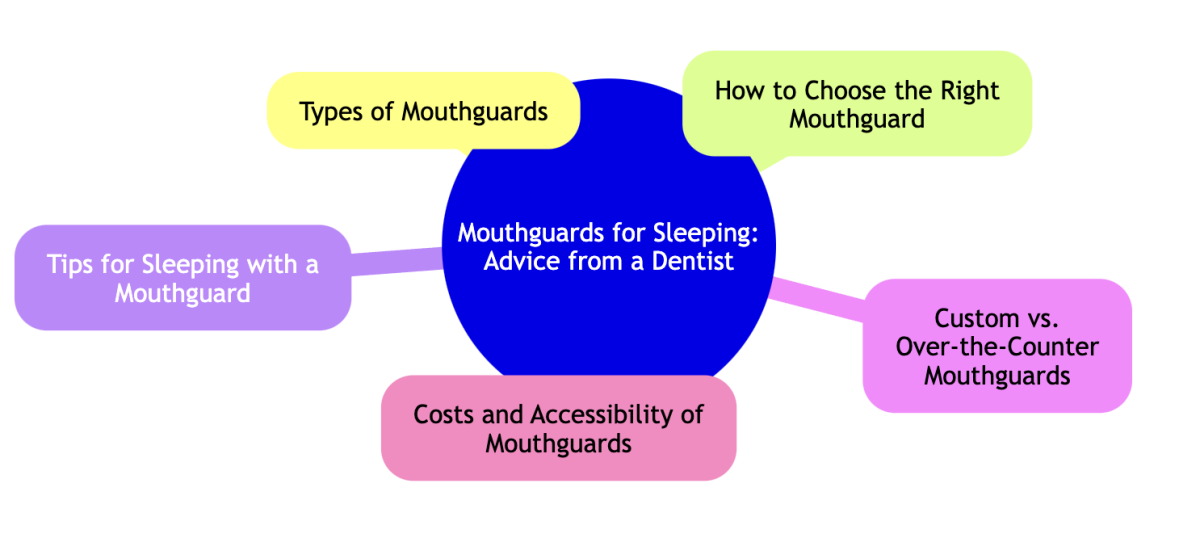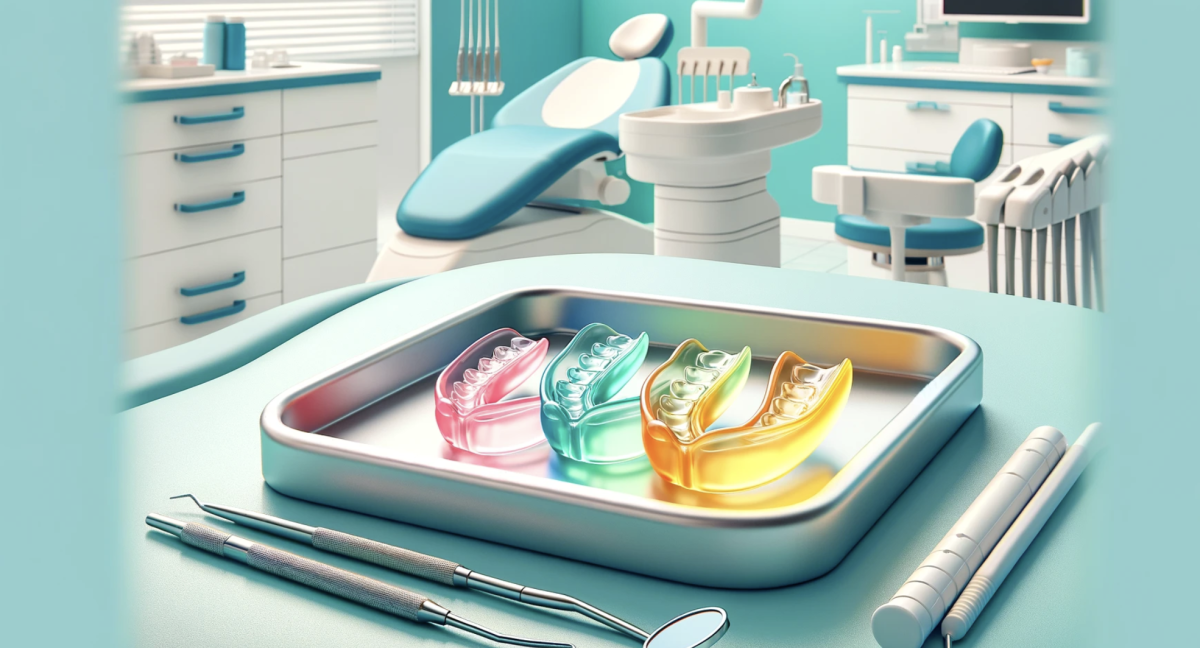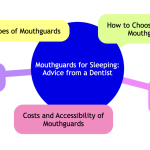Why Sleep With A Mouthguard?
Sleeping with a mouthguard might sound like a pain, but it prevents potentially significant damage from teeth grinding (bruxism) during sleep. Grinding during sleep is easy to overlook, and many might not realize the severity until a dentist or sleeping partner alerts them.
Mouthguards can also reduce jaw pain from clenching and improve oral health. Sleeping conditions such as these degrade sleep quality, which then leaches into the day. Look out for yourself and try a mouthguard if you grind or clench.
This article from Nashville Dentists, Nations Dental Studio, discusses some of the reasons why a grinder or clencher should consider a mouthguard and the options available. For the best dentist Nashville has to offer, Nations Dental!
Key Takeaways
- Prevents Teeth Damage: Protects against grinding and clenching.
- Improves Sleep Quality: Reduces disruptions from grinding.
- Reduces Jaw Pain: Alleviates discomfort in the jaw.
- Types Available: Custom-made, boil-and-bite, stock.
- Custom Fit: Offers the best protection and comfort.

Types of Mouthguards
There are various types of mouthguards available to suit different needs.
Custom-made mouthguards are designed specifically for your teeth by a dentist, providing the best fit and protection. They are crafted from high-quality materials and offer superior comfort and durability.
Boil-and-bite mouthguards are more affordable and can be molded at home. You soften them in boiling water and then bite down to create a custom shape. While not as precise as custom-made options, they still offer a good fit and protection.
Stock mouthguards are pre-formed and ready to use. They are the least expensive but also the least effective, as they do not offer a customized fit. They can be bulky and uncomfortable, making them less ideal for regular use.
Custom-made mouthguards are the best option for comprehensive protection, while boil-and-bite guards provide a balance of affordability and fit. Stock mouthguards should be considered a last resort due to their limitations.
How to Choose the Right Mouthguard
Selecting the right mouthguard involves considering individual needs and preferences.
The best mouthguard will provide comfort, fit well, and offer the necessary protection.
Consulting with a dentist is the first step to choosing the most suitable option. They can guide you on the type and material that will work best for you.
Steps to Select a Mouthguard
- Consult a Dentist: Get professional advice tailored to your needs.
- Consider Material: Choose between hard, soft, or dual-layer materials.
- Evaluate Fit and Comfort: Make sure it fits well and is comfortable to wear.
- Check Protection Level: Ensure it offers adequate protection against grinding.
- Assess Durability: Look for a durable option that will last.
Tips for Sleeping with a Mouthguard
Getting Used to Wearing a Mouthguard
Adjusting to a mouthguard can take time.
To get accustomed, start by wearing it for short periods during the day.
Gradually increase the duration until you can comfortably wear it throughout the night.
Consistency is key to getting used to it.
Cleaning and Maintenance
Proper cleaning and maintenance are essential to keep your mouthguard hygienic and in good condition.
Rinse it with cool water before and after each use. Use a toothbrush and toothpaste to gently clean it, and occasionally soak it in a denture cleaner.
Store it in a ventilated case to keep it dry and prevent bacteria growth.
Addressing Common Issues
Common issues with mouthguards include discomfort and movement during sleep.
If you experience discomfort, try adjusting the fit or consult your dentist for modifications. To prevent movement, make sure the mouthguard fits snugly and is the correct size for your mouth.
If problems persist, a custom-made mouthguard might be the best solution.
Custom vs. Over-the-Counter Mouthguards
Choosing between custom-made and over-the-counter mouthguards depends on your needs. Custom-made mouthguards are designed specifically for your teeth by a dentist. They offer superior fit, comfort, and protection.
Over-the-counter options are more affordable but lack the precision fit of custom guards, which can affect their effectiveness and comfort.
Key Differences
- Fit: Custom-made provides a precise fit.
- Comfort: Custom-made is more comfortable to wear.
- Protection Level: Custom-made offers better protection.
- Cost: Over-the-counter is cheaper but less effective.
Costs and Accessibility of Mouthguards
How Much Do Mouthguards Cost?
The cost of mouthguards varies significantly.
Custom-made mouthguards range from $200 to $500, depending on the materials and the dentist's expertise.
Over-the-counter options are much cheaper, typically costing between $10 and $50. However, the lower cost often comes with reduced effectiveness and comfort.
Making Mouthguards Affordable
There are ways to make mouthguards more accessible. Some dental offices offer financing plans to help spread the cost over several months.
Additionally, certain dental insurance plans may cover part of the cost, especially if the mouthguard is deemed necessary for dental health. Checking with your dentist about available options can help manage the expense.
Managing Grinding by Sleeping with a Mouthguard - Nashville Dentists
Many people need to be sleeping with mouthguards to protect their teeth from grinding during sleep. Teeth grinding is a prevalent condition that poses very real risks to your teeth. If your dentist tells you it's time to wear a mouth guard, it is wise to listen!
Nashville Dentist, Nations Dental Studio offers expert dental advice and custom mouthguard fittings. We care very much about our clients and if we suggest a mouthguard, it is because your teeth are at risk. This is easy advice to brush off, we hope this article gave you some useful insights to help with your decision. Call Nations Dental Studio in Nashville TN with questions!












